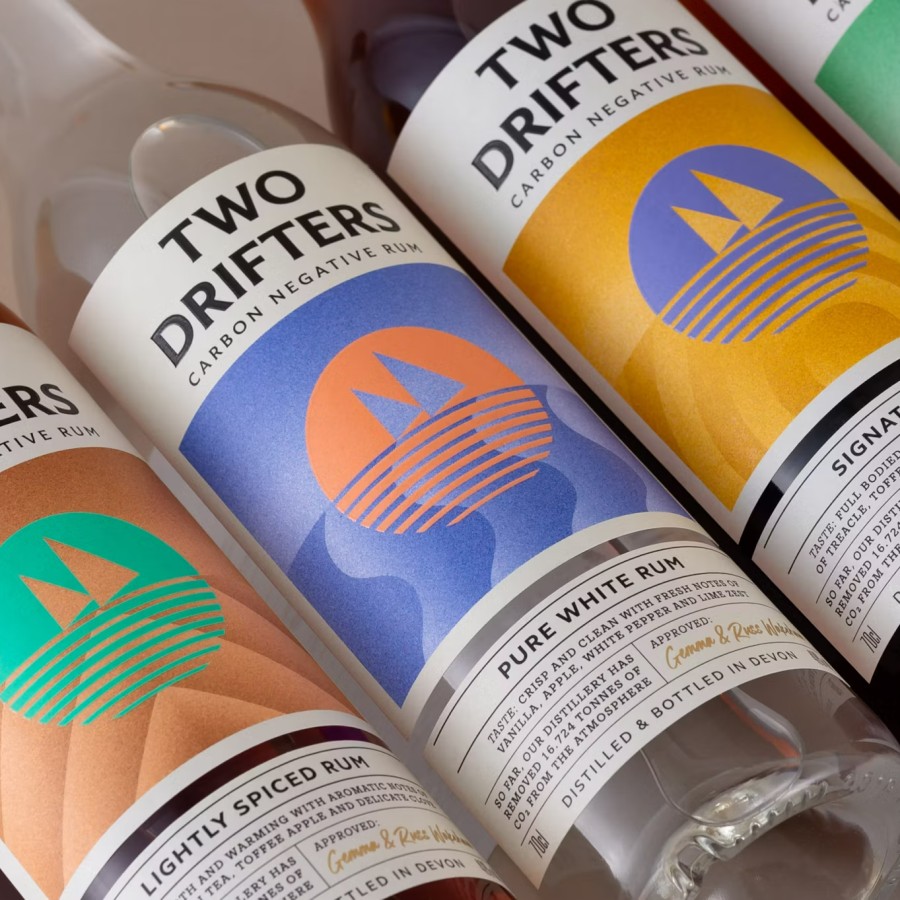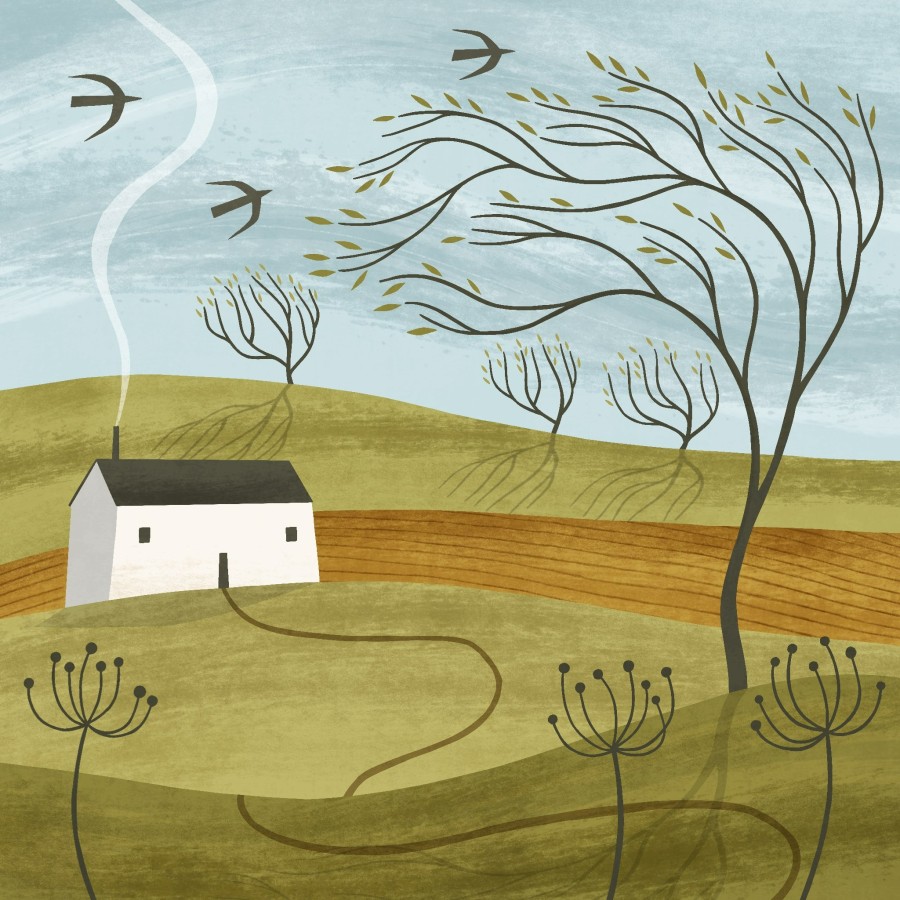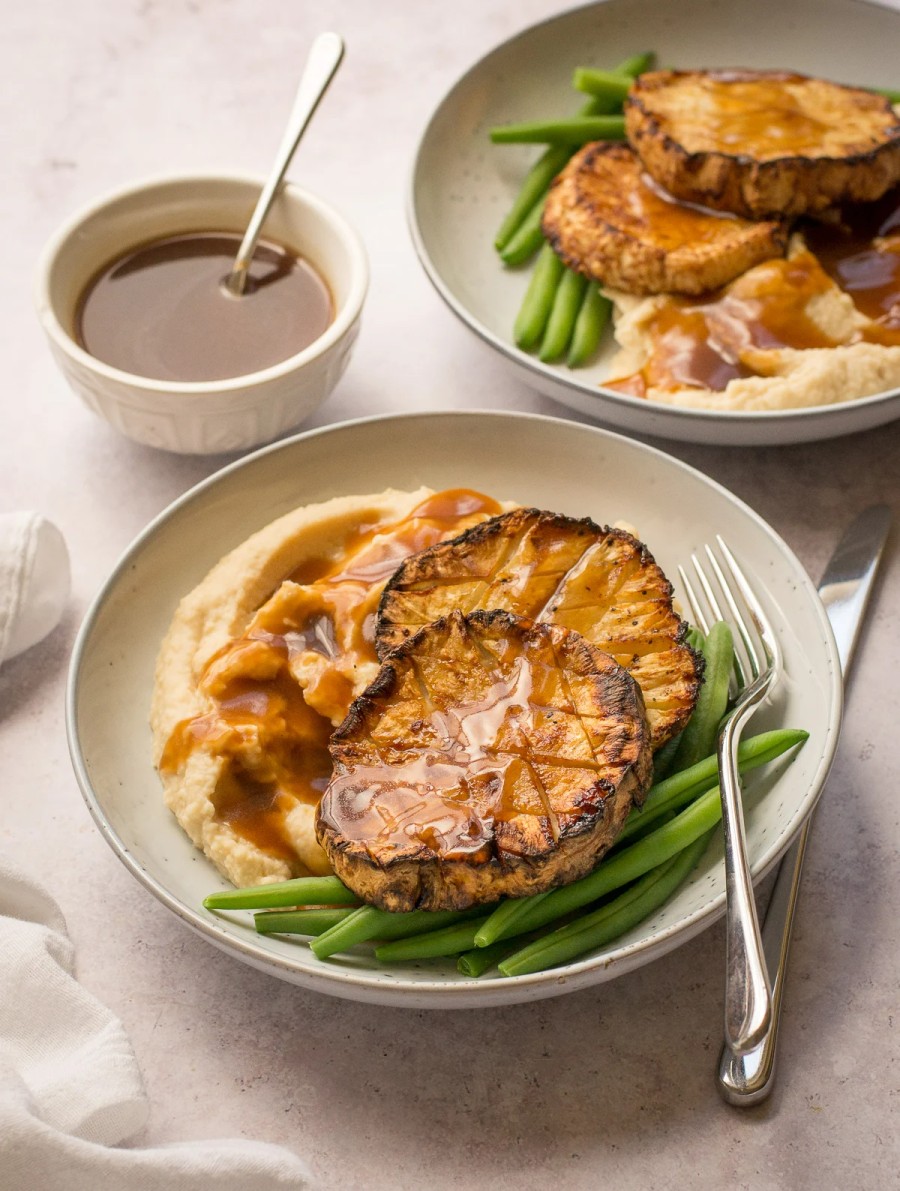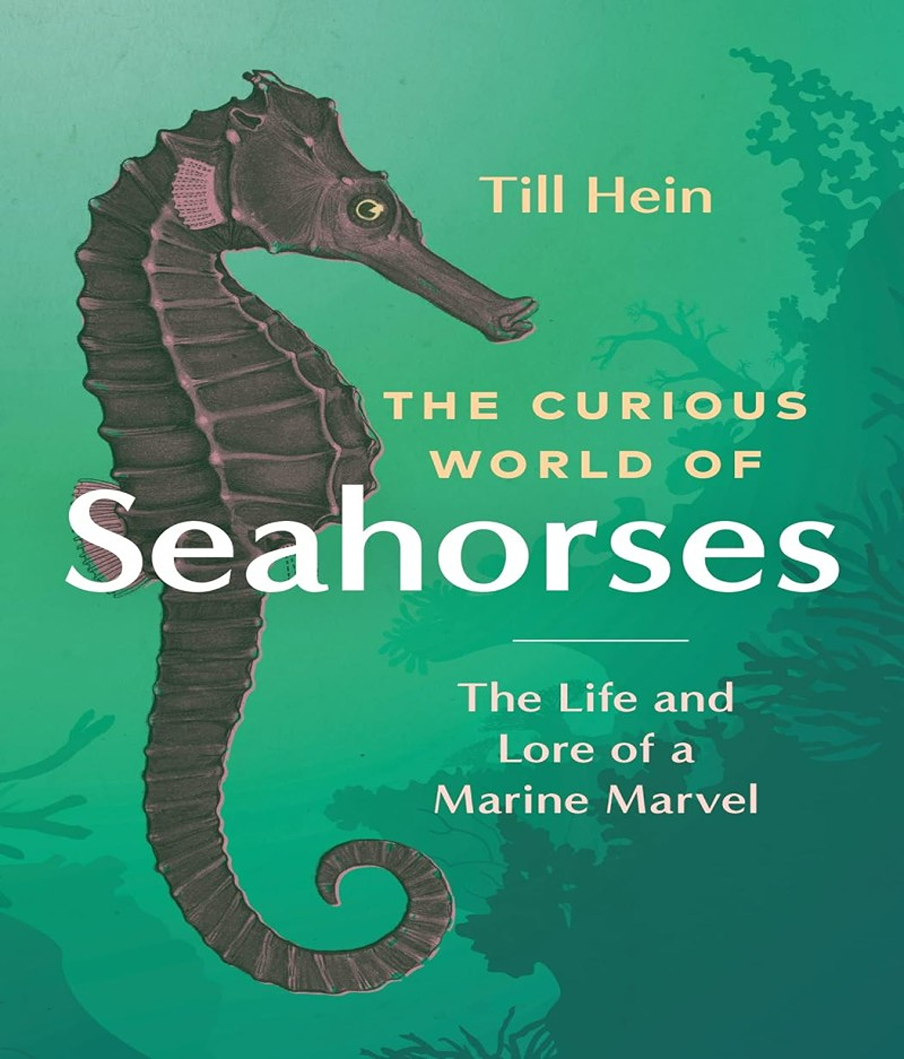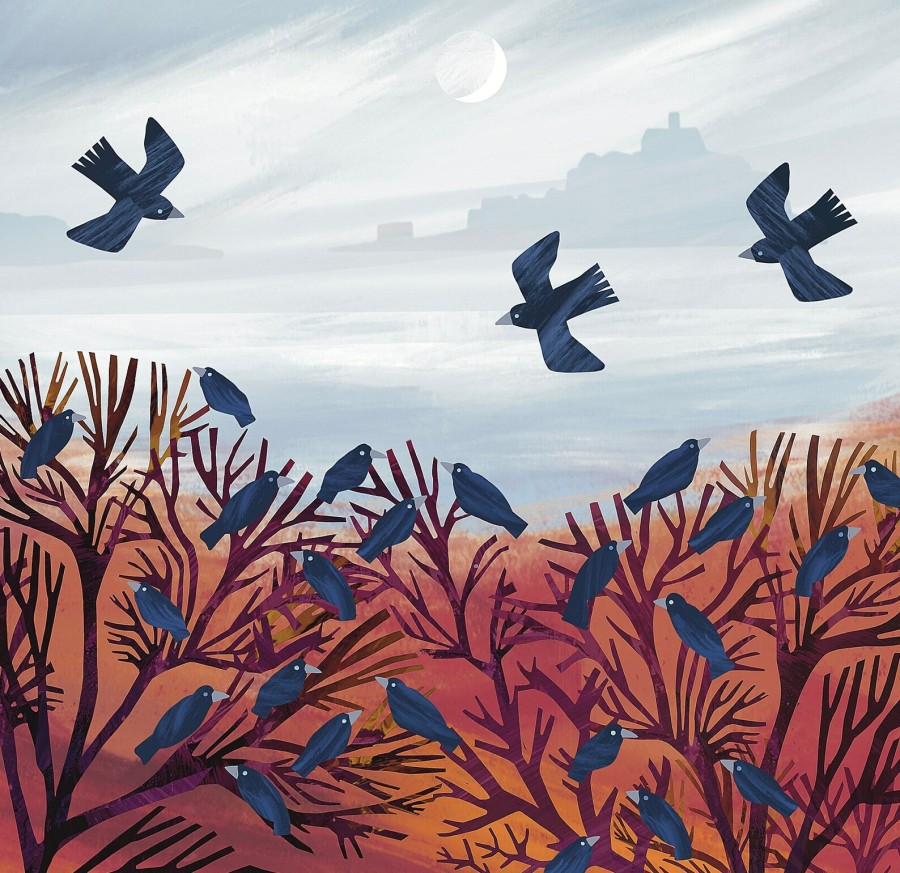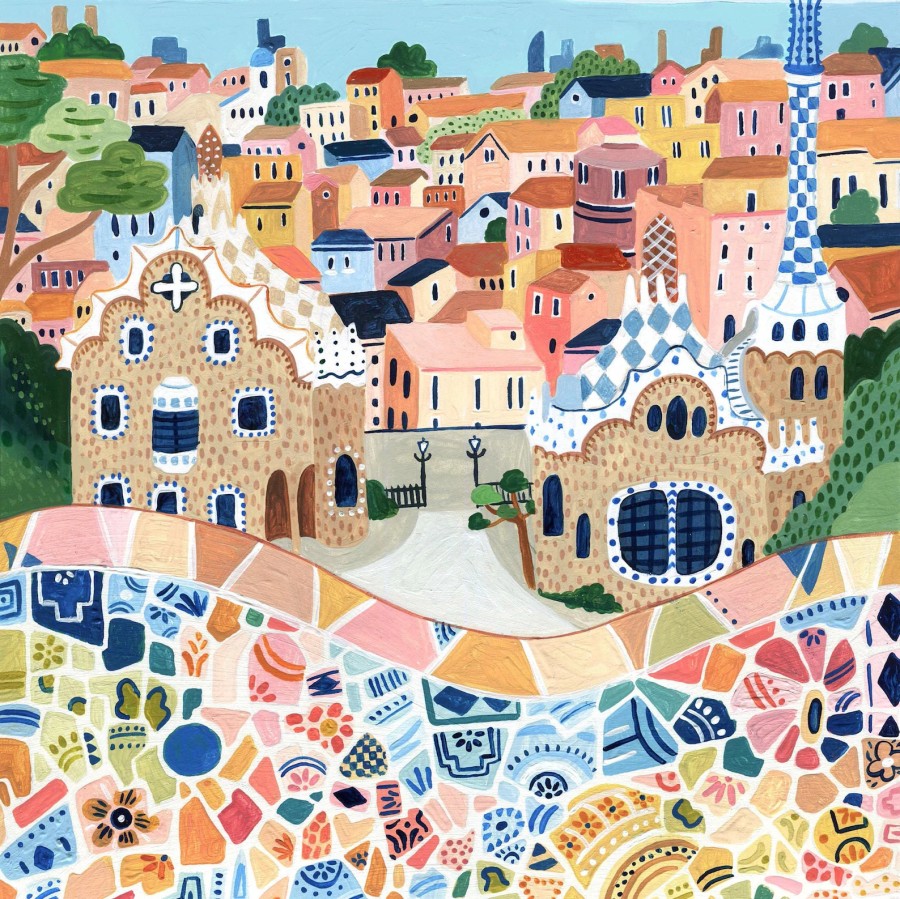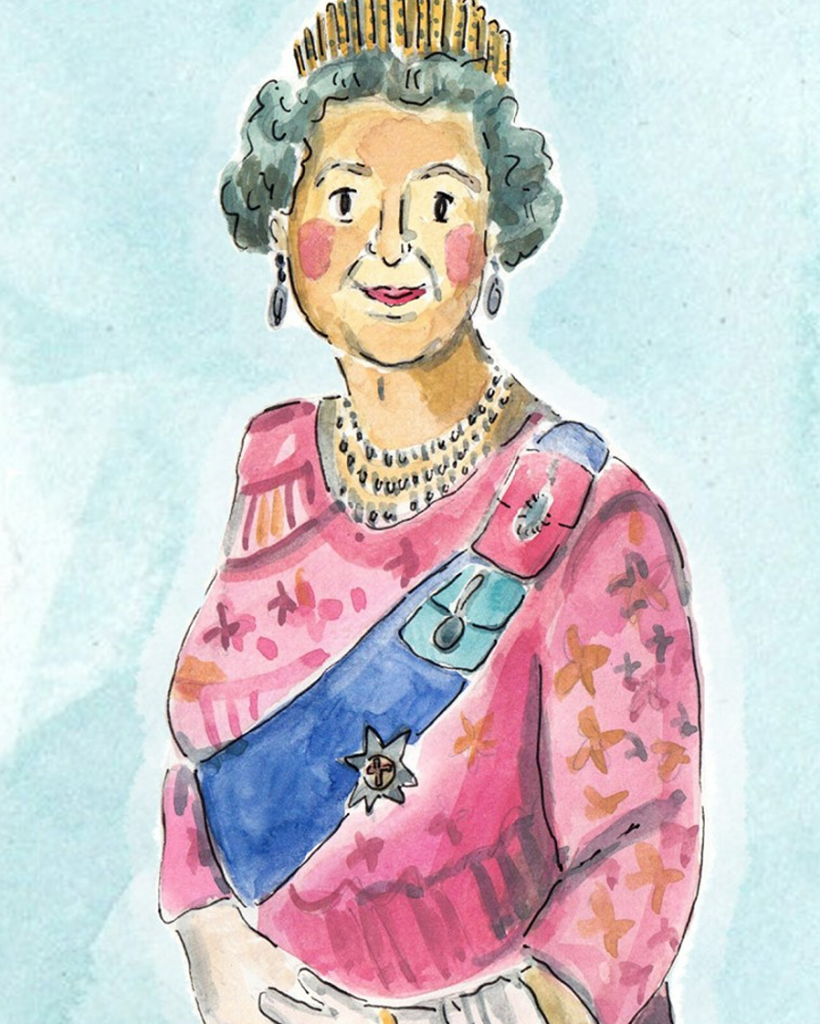
The good thing about England is that whether you’re a flag-waving monarchist or staunch republican, we all have free speech and still get along. One of the main reasons why the Queen was so popular was not because she was royal, but more that she just got on with the job, never indulged in manipulating the media and sat grieving her husband alone to follow the rules, while Boris was partying.
But is it right for one family to ‘live off the public purse’ (and councils partly-funding royal visits, when they could use that money to feed hungry children or house homeless people?) And does the money given to them really pay for itself via tourism income and charity fundraising? Let’s find out!
the history of England’s monarchy
Our royal family started hundreds of years ago, and up until the reign of Henry VIII, was staunchly Roman Catholic. However, when he wanted a divorce, he banned the Catholic church (many monks and nuns were killed) and replaced the Pope with himself as head of what is now the Church of England. Today the monarch still is ‘defender of the faith’ yet still practices some antiquated practices (Catholics can marry into the monarchy but can’t practice the faith, and the family still runs along ‘bloodlines’ (it’s unlikely children would be adopted, it’s all about ancestry, while the rest of society has moved on, and treats adopted children as of much worth as any others).
what powers does our monarchy have?
You’d be surprised, a lot more than you’d think. We all know that the monarch can dissolve Parliament (likely the Queen was quite tempted a few times) and appoint people to the House of Lords, but these powers are rarely if ever used. What is concerning is that King Charles (though he likely wouldn’t) has powers that we don’t have like being able to drive over the speed limit (without a license) and pardon criminals without a trial.
how much does the UK monarchy cost us?
Our monarchy costs around 10 times more than similar (smaller) monarchies in Europe (the 20-year Netherlands heir princess recently turned down a hefty income as she did not feel comfortable accepting it). Our monarchy costs around £90 to £120 million each year, and also the royal family receives a lot more (non-taxed) income from two inherited estates (the Duchies of Cornwall and Lancaster). Prince William now owns a third of Dartmoor, and environmentalists are not happy at ‘small potatoes’ plans to rewild just a tiny area. Our frequent floods are made worse by flattening peat bogs (for grouse shoots – pheasants also cause road accidents and eat endangered sand lizards, due to being over-bred). Yet King Charles, Prince William and Princess Kate all attend grouse hunts, seemingly unaware of the issues.
The royal family owns around 250,000 acres (outside 600,000 acres of crown estate) with environmentalist Guy Shrubsole saying if this was the same for everyone, England would be owned by just 250 people. Many people want parts of the Crown Estate (often used for golf courses) to be given over to provide free outdoor space like public parks in inner cities. This could reduce NHS costs due to better mental health, walkable communities and fresh air.
Graham Smith (who works for the organisation Republic) writes that if you compare the income given with tourism income, then it is good value. But when you add on the huge (untaxed) income from the duchy estates, the figures change considerably. Knowing that most people still want a monarchy, it advocates a fixed annual budget (with an annual salary for the King) and income from both Duchies to be subject to corporation tax (and for the royal family to pay inheritance tax, like anyone else. On his mother’s death, King Charles inherited £650 million which could have raised £200 million inheritance tax – enough to build, fund and staff a brand new hospital.
paying more respect to grieving families
Whatever your views on the monarchy, the last few decades have seen distasteful intrusions into the private lives of royal family members, resulting in two traumatised boys having to walk through a sea of howling people, ‘griefstricken’ over the death of their mother, who they did not know. Today we have the ‘baying mob’ demanding to know why Kate Middleton has not released details of her illness (because it’s her own business, that’s why). One journalist even suggested not seeing her was ‘like a bereavement’. Fellow journalist Marina Hyde simply wrote ‘No, it’s not’.
She remembered when the media was almost baying for blood when the Queen did not return from Balmoral after Princess Diana’s death: it was because she was actually comforting her two grandsons who had just lost their mother.
no need for bearskins to be worn by guards
One other area of contention is why the Ministry of Defence refuse to replace bearskins for the royal guards at Buckingham Palace, when it’s perfect possible to find better alternatives. Investigations found that at least one bear dies for each hat made (and not always due to a ‘cull’ as sometimes claimed). When bears die, their cubs are left to starve, all so people can watch ‘the changing of the guards at Buckingham Palace’, to ‘maintain tradition’.
Protecting the Royal Family, I am protecting what it means to be British. Wearing the skin of a dead bear on my accomplishes none of that. Ornamental hats born of needless bloodshed are a sign of weakness – and that is not British. A royal guard

